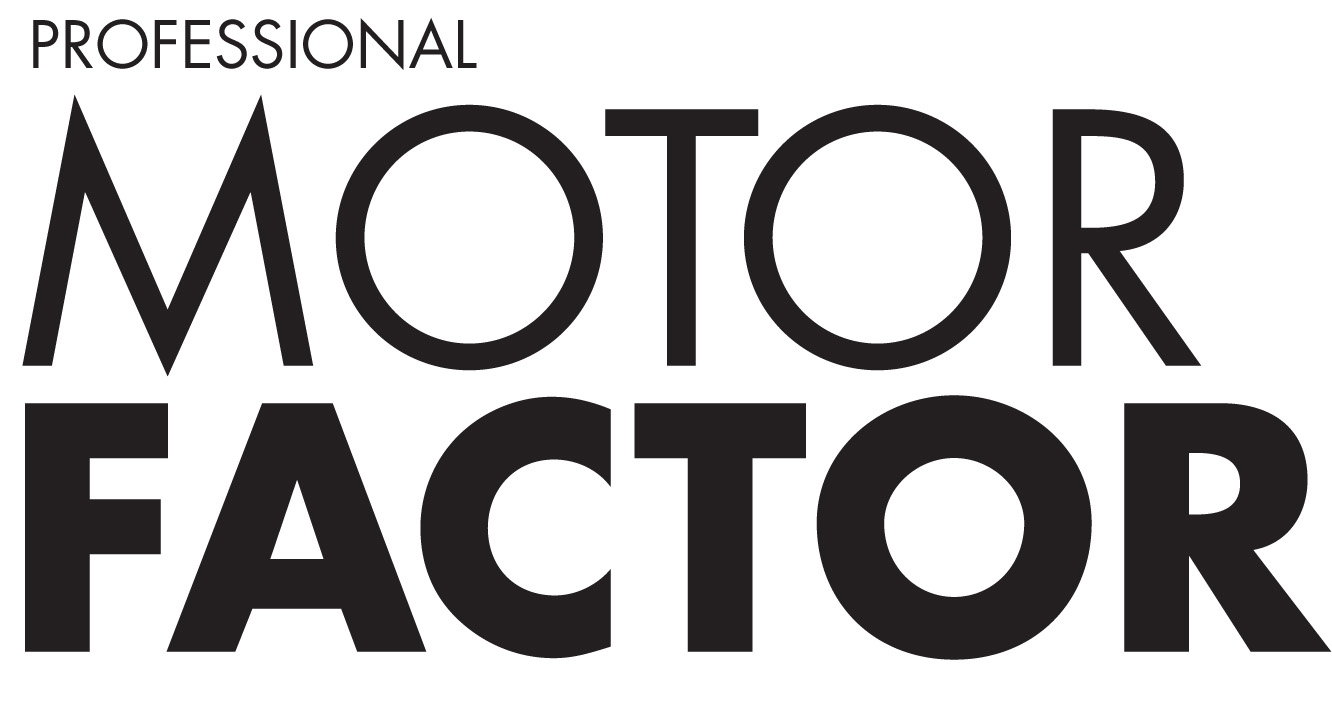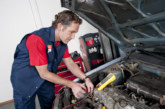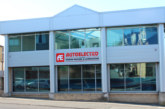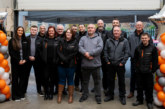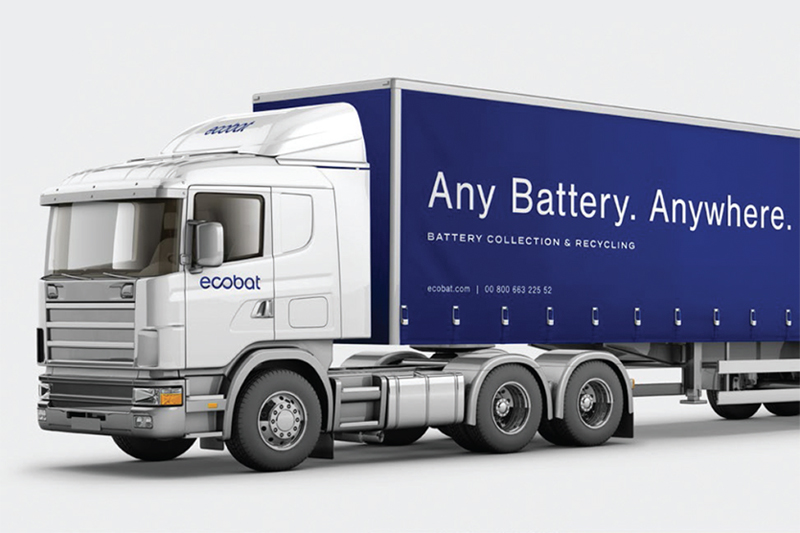
Ecobat Battery supplies OE brands, such as Exide and VARTA, as well as aftermarket alternatives, like Lucas and Numax. As a result, Ecobat is primed to not only provide you with the batteries you need, when you need them, but assist you with best practice advice and sales support – that’s the view of Ecobat Technical Sales Manager, John Bentley:
You’ll understand that due to changes in working practices following the pandemic and because of the high cost of fuel, many vehicles are not being driven as frequently and cover less annual mileage than they used to. In addition, the vehicle parc is ageing as the supply of new vehicles continues to be problematic, so batteries are failing more frequently, which is a positive outcome if you supply replacements.
Another profitable development is the changing complexion of the sales mix, which reflects the VMs’ move away from traditional SLI (starting, lighting and ignition) batteries to AGM (absorbent glass mat) and, more recently, EFB (enhanced flooded battery) alternatives for their start/stop equipped models. This means that, again, you’ll benefit as these battery types provide a higher margin.
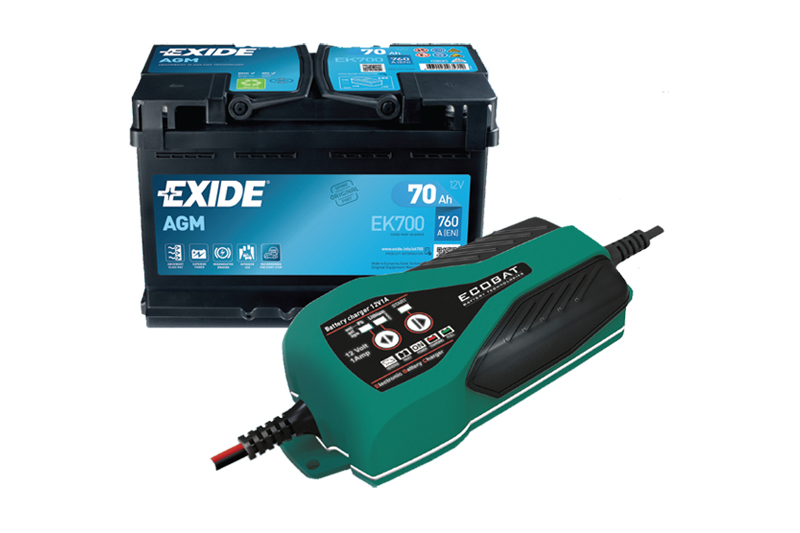
Over recent years, and the last two particularly, there has been a dramatic growth in EFB sales and, apart from in 2020 when sales of all batteries were up, a continual decline in SLI sales. In terms of the overall mix, in 2016 just 2% of Ecobat’s sales were AGM/EFB; whereas, now they are nearly one quarter. This replacement trend for AGM/EFB will continue to increase in the coming years, as start/stop technology is now fitted to more than 95% of vehicles with a combustion engine, which continues the positive theme for motor factors countrywide.
Communication and understanding crucial
Another way you can maximise your battery sales potential is by encouraging workshops carrying out a battery replacement, to ask the owner how their vehicle is used before ordering it. If the vehicle is used for short journeys or stood for long periods between uses, for example, the technician should recommend a higher specification battery to cope with those usage patterns. However, many make the mistake of advising a budget battery for short journeys once or twice a week, and the problem with that is not understanding the time to recharge the initial amount of charge used to start the vehicle.
Typically, a vehicle’s run duration needs to be 20 minutes of driving just to replace the charge used for starting. If the journey is repeatedly less than that, then ‘walk down’ of the battery capacity will occur. This is the most common cause for a battery going flat and if that is repeated, premature failure will be the result; therefore, for vehicles that predominately carry out repeated short journeys, a higher capacity battery should be advised because it will be able to deliver a longer run time before the battery goes flat and requires a recharge. Naturally, the problem can be eased further if the owner was to adopt a charging regime, utilising a modern smart charger.
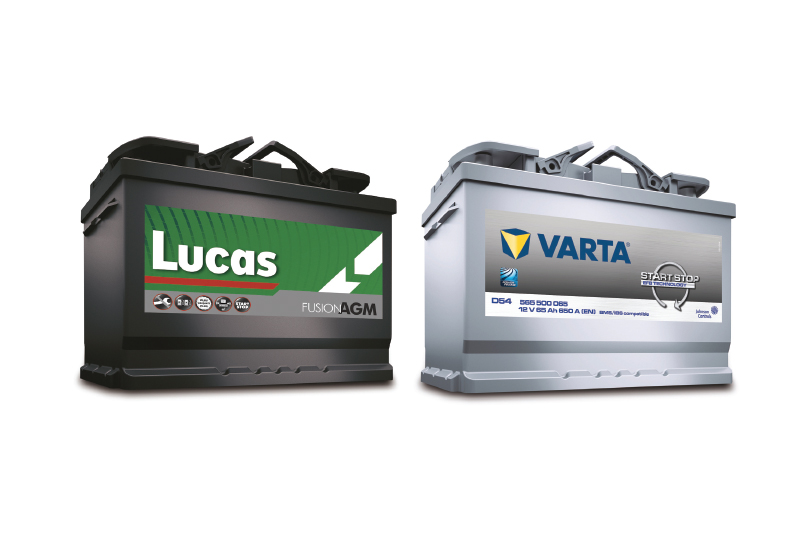
By understanding a vehicle’s usage patterns, technicians can advise not only on the most suitable type of battery they will need, but also the most appropriate battery charger to allow the customer to keep the battery in its best condition for longer. This would provide both you and your customer with a further sales opportunity.
Test!
One final piece of advice you can give your customers is to test the battery of every vehicle that enters their workshop, irrespective of what it’s booked in for. This is because research conducted by Ecobat has found that, typically, 27% of these vehicles need either their battery recharged or reconditioned, and a further 11% need a replacement, which means that almost 40% of the vehicles independents service daily has a battery issue!
However, despite these startling facts, workshops rarely test the battery, whether the vehicle is booked in for a MOT, annual service, or some sort of repair. The knock-on effect is that 40% of roadside breakdowns are due to battery failure and the beneficiaries of these failures are not independent workshops, or the factors that supply them, but breakdown services.

